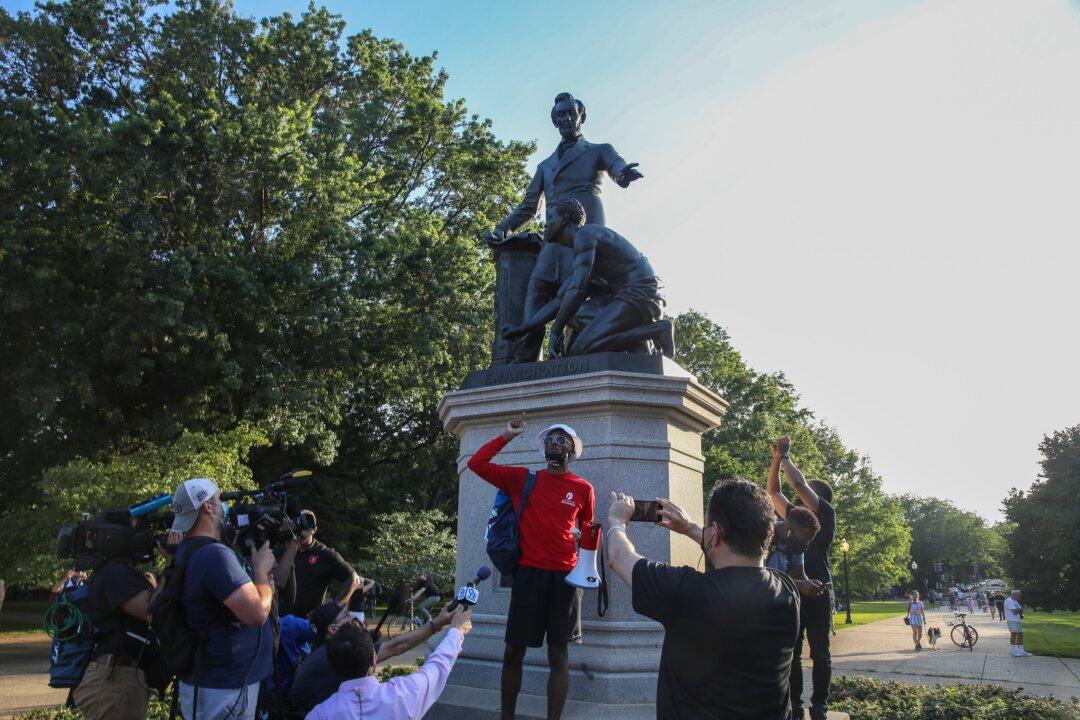The District of Columbia City Council reintroduced legislation to establish a reparation fund for black residents who have been “directly wronged and traumatized by the ills of slavery.”
On Monday, at-large council member Kenyan McDuffie, along with nine other members, introduced the Reparations Foundation Fund and Task Force Establishment Act of 2023.





